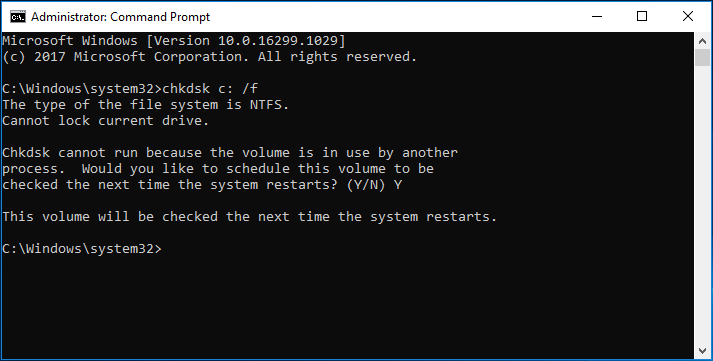

I don't really use SnapRAID for redundancy, I use it more for a regular checksum of data integrity. It's basically RAID redundancy but only run on demand, so a "snapshot" more or less, hence the name "Snap"RAID. SnapRAID is also good, free, and can be used in conjunction with DrivePool (or any other set of disks) as long as you don't constantly add and remove a lot of data from your pool. It works in conjunction with DrivePool to immediately evacuate data off drives to others in the pool if a drive starts to have errors. Scanner is very useful to scan your drives regularly and check for any errors. I'd recommend just getting the full package with Scanner and CloudDrive for $60. You can add any drives of any size or speed at any time too. It doesn't do any kind of RAID, but you can duplicate individual folders across drives so your most important data has some redundancy. It's third party and cost $30, but well worth it. I've used it for a while now and it's seamless and super easy to use and get started. Drive Pooling and RAID Comparison chart from SnapRaid, FlexRaid is dead.ĭrivePool is your perfect option to Storage Spaces. Hardware Raid -when not perfect or even close to ZFS or BTRFS, 3Ware cards are cheap, plentiful, and decent performers for hardware Raid with windows. Stable Bit Drive Pool -Cost money, but worth it when you don't lose your data SnapRaid -Freeware, snapshot based, expandable, but not really faster than a single disk, If your motherboard dies, recovery of your files can be difficult depending on the chipset used. That is called fake RAID, also bad, do not use it.

Windows Raid and Storage spaces are 2 separate beast. Storage space is expandable, is not raid 5, has its own set of problems, but some find it use full, look into stable bit drive pool as well. It is not expandable, it has a massive write hole, and if you lose power at the wrong time you lose your array.


 0 kommentar(er)
0 kommentar(er)
